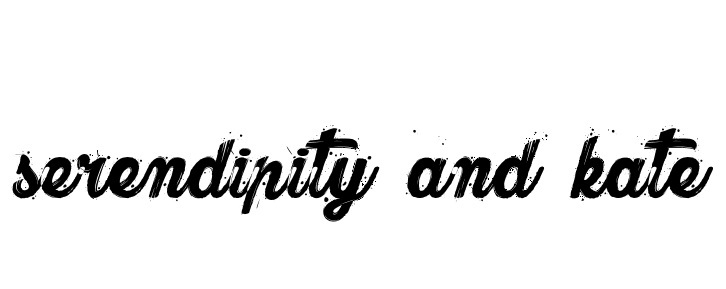 With the speil by the spool out of the way, let's look at the fast growing trend of clothing exchange events. I attended one but a month ago called Rethreads. How does it work? You turn up with your stuff and are given a wristband indicating how much stuff you can leave with. Some events give you buttons instead, which you use as currency to "buy" other people's stuff!
With the speil by the spool out of the way, let's look at the fast growing trend of clothing exchange events. I attended one but a month ago called Rethreads. How does it work? You turn up with your stuff and are given a wristband indicating how much stuff you can leave with. Some events give you buttons instead, which you use as currency to "buy" other people's stuff!The Clothing Exchange is another great one - they frequently host events across Australia and are suited to your more picky lass - they have tighter standards on the stuff you can and cannot swap and charge an entry fee. But considering you can potentially free your wardrobe of things that are just taking up space and come home with an armful of new stuff, it's well worth it!
Environmental Benefits of Clothing Exchanges
Recycling takes items you have finished with and puts them back into circulation.
By passing your clothes, accessories or equipment on to others, you are diverting materials from landfill thus conserving resources and reducing greenhouse gas emissions. In landfill they produce methane, a greenhouse gas with the global warming capacity 20 times stronger than CO2
Reusing a product, rather than buying a new one, reduces the demands for water, energy and raw materials.
Swapping 1 suitcase (20kg) of clothes saves enough energy to run a TV non-stop for 1.7 years.
Swapping 1 box of books (25 kg) saves enough water to fill 150 spa baths.
Courtesy of Rethreads - Statistics from Planet Ark


































